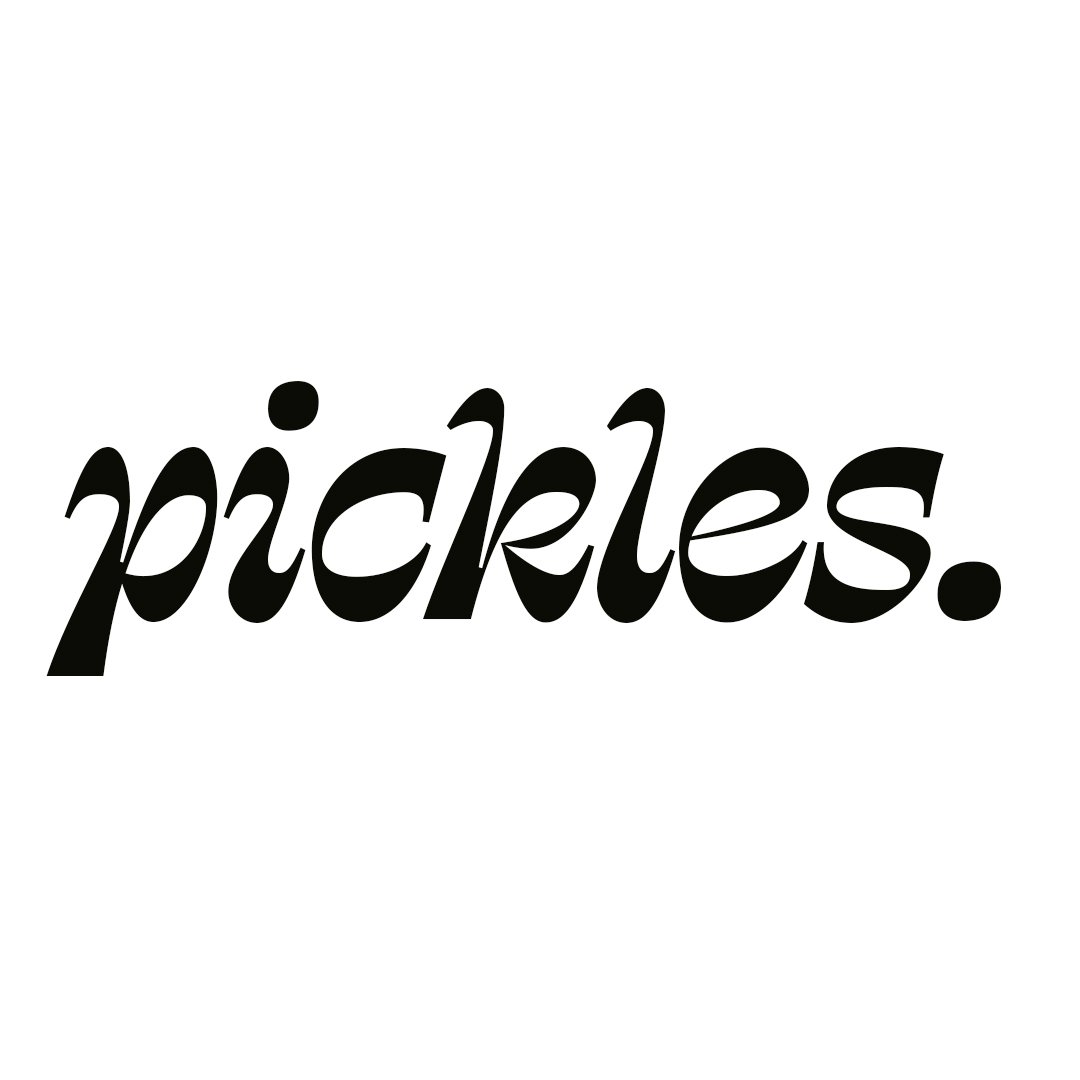natural pro- & prebiotics = health boost.
Whether you’re looking to improve gut health, reduce inflammation in the body, or promote heart health, naturally fermented foods & beverages know the way.
Food fermentation is the process whereby bacteria, yeasts, mold, or fungi break down carbs — such as starch and sugar — into acids, gas, or alcohol. The process results in a fermented food or beverage. Our love affair with fermentation goes way back, it has been used to preserve food for thousands of years. Except for its phenomenal preservation abilities, fermentation is also a very simple, inexpensive, and effective way to make food easier to digest, and it also adds distinctive flavours, textures, and aromas. On top of all that, foods that are fermented have health benefits beyond those offered by their original ingredients.
happy gut, happy you.
The body is home to trillions of microorganisms known as the microbiome. The part of your microbiome that is found in your gut, also called gut microbiota or gut flora, is responsible for a whopping 70% of your immune system. So, if you want to boost your immune system and your overall health, look to the gut.
To feed your gut and strengthen your microbiota, diversity is key. Ever heard the saying ‘Eat the rainbow’? It’s actually great advice. Your gut microbiota loves to be fed a high diversity of fiber-rich foods such as fruits, vegetables, legumes, grains, nuts, and seeds. Fiber helps your digestion by binding with your body’s waste products, helping it move through the proper channels. Many plant-based fibers are also naturally high in prebiotics which act as an important food source for healthy gut bacteria and your gut microbiota. A diet rich in plant-based fiber promotes a healthy gut.
Another thing your gut loves is naturally fermented foods. The key here is in the term natural… because not all fermented foods are created equal. The term “fermentation” is described as the activity of microbes (“ferments”) as they digest, multiply, and colonise foodstuffs. Foods and beverages that are fermented using natural processes are packed with beneficial probiotics, i.e. live cultures or microorganisms that can contribute to microbial balance, supporting the immune system and reducing inflammation in the gut. If a fermented food is pasteurised after fermentation, it kills all live bacteria and allows for a longer storage time. However, these foods don’t provide the health benefits of live bacteria cultures.
“The jars of pickles you can buy off the shelf at the supermarket are sometimes pickled using vinegar and not the natural fermentation process using live organisms, which means they don’t contain probiotics.”
Click here to read the article with Dr. Ludwig
And you see, the two components that your gut loves go hand in hand.
it takes two to tango…
Your microbiota = cultures of microorganisms in your gut that feed off of prebiotics.
Prebiotics = plant-based fibers that come from your diet; such as fruits, vegetables, legumes, grains, nuts, and seeds.
Probiotics = microorganisms that can boost helpful (good) bacteria and the diversity of beneficial cultures living in your gut.
Since microorganisms feed off of prebiotics, and probiotics is another word for gut-beneficial microorganisms, guess what probiotics eat? You guessed it; they eat prebiotics. In short, prebiotics and probiotics work in harmony.
A mix of plant-based fibers that are high in prebiotics, plus naturally fermented foods that are rich in probiotics, help cultivate beneficial cultures in your gut. The result? Overall optimised health, immune system, and metabolism, and reduced risks of inflammation and other kinds of disease.
At the Fermentary our aim is to make available all sorts of naturally fermented products. Some will be high in prebiotics whereas others are rich in probiotics. Take sourdough bread, for example. After baking in the oven the friendly bacteria from the starter die due to high temperatures in the oven. Still, sourdough has plenty of benefits for the gut, and it’s a fantastic source of prebiotics (luckily, prebiotics don’t die at high temperatures). And in the case of natural wine; too much alcohol is of course never good for the body, but as a living product, natural wine still contains some beneficial live cultures.
There are various kinds of fermentation processes. Most ferments are made with the use of bacteria and/or yeast, but there are other methods too.
Lactic acid fermentation: also called lacto-fermentation, is the process by which bacteria break down the sugars in foods and form lactic acid. Foods made with lacto-fermentation include yogurt, sauerkraut, kimchi, and pickles.
Alcoholic/yeast fermentation: Alcoholic, or ethanol fermentation, is the process by which living yeast cells convert sugars into alcohol and carbon dioxide. It’s an anaerobic process, meaning oxygen is not necessary. Common foods made through alcoholic fermentation include bread, wine, and beer.
Acetic fermentation: conversion of alcohol into acetic acid. Acetic acid is produced by fermenting various substrates such as starchy or sugar solutions, or alcoholic foodstuffs such as wine or cider with Acetobacter bacteria. The result is vinegar (which is not only healthy but also a fantastic way to reduce your food waste).
Fungal fermentation: by adding spores from fungi you can create other types of ferments such as tempeh or miso. Some other common food items that are made with fungi include cheese, bread, chocolate, coffee, tea, olives, salami, and soy sauce. Foods made with fungal fermentation are predominantly prebiotic, rather than probiotic,
Pickles, kimchi, kombucha, kefir… which is your favourite product for naturally boosting your gut health and immune system? There are plenty to choose from…





